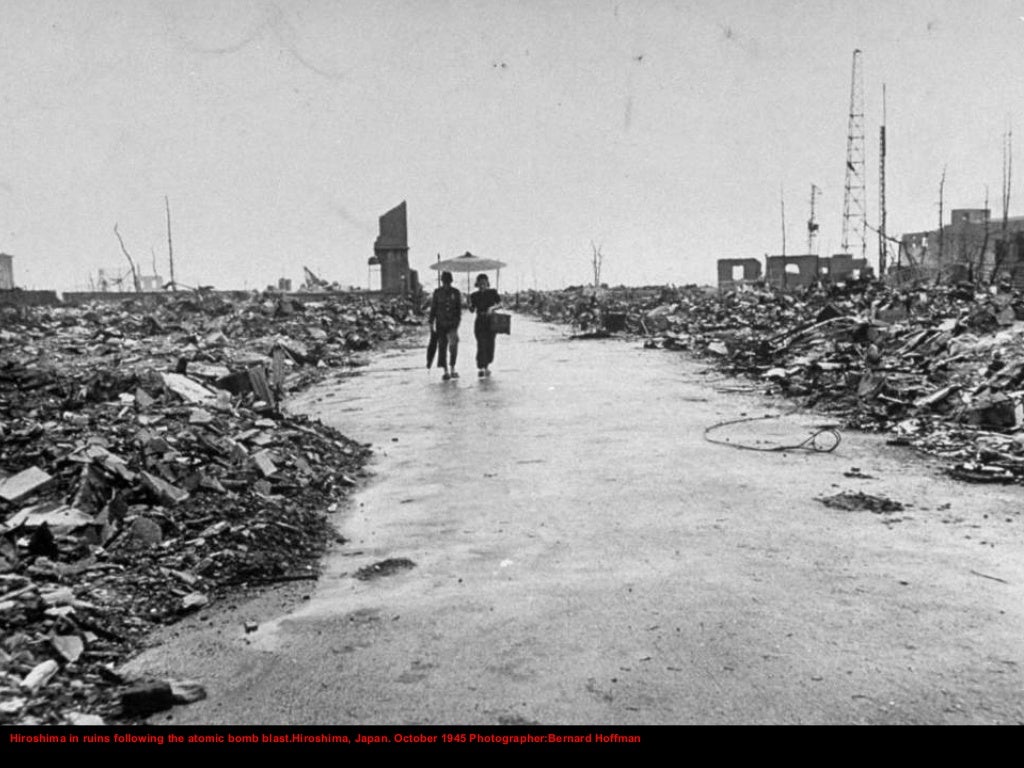
The long shadows of Hiroshima and Nagasaki, 70th anniversary of atomi…
From Wikipedia, the free encyclopedia [1] Burials by war Human Shadow Etched in Stone (人影の石, hitokage no ishi) [2] is an exhibition at the Hiroshima Peace Memorial Museum. It is thought to be the residue of a person who was sitting at the entrance of Hiroshima Branch of Sumitomo Bank when the atomic bomb was dropped over Hiroshima.

That Day Now Shadows Cast by Hiroshima Everson Museum of Art
. By Stacy Kish Public Domain Black shadows of humans and objects, like bicycles, were found scattered across the sidewalks and buildings of Hiroshima and Nagasaki, two of the largest cities in Japan, in the wake of the atomic blast detonated over each city on Aug. 6 and 9, 1945, respectively.

75 years after the Hiroshima and Nagasaki bombs, their shadows loom over the nuclear age The
The shadows of Hiroshima have become an integral part of the city's collective memory of the atomic bombings of Japan. Although an atomic bomb was dropped on Nagasaki just three days later, the city does not remember the event with the same focus on atomic shadows. Hiroshima alone has centered their importance in the nuclear debate.

Shadows of Hiroshima The Wider Image Reuters
Five square miles of the city were destroyed. The explosion killed an estimated 80,000 people immediately. This death toll would rise to upwards of 200,000 people after tens of thousands more died later of radiation exposure. Devastation at Hiroshima, after the atomic bomb was dropped.
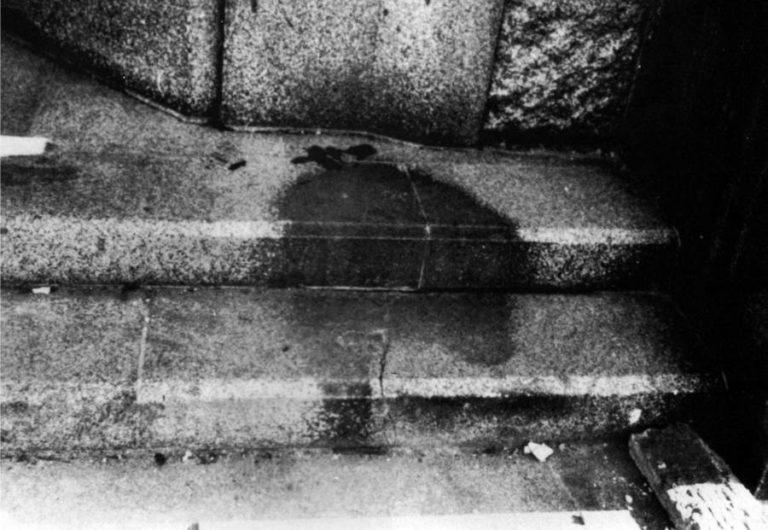
How The Hiroshima Shadows Were Created By The Atomic Bomb
On 6 and 9 August 1945, the United States detonated two atomic bombs over the Japanese cities of Hiroshima and Nagasaki respectively. The bombings killed between 129,000 and 226,000 people, most of whom were civilians, and remain the only use of nuclear weapons in an armed conflict.

10 Haunting Photos Of People Permanent Shadows In Hiroshima YouTube
Black shadows of humans and objects, like bicycles, were found scattered across the sidewalks and buildings of Hiroshima and Nagasaki, two of the largest cities in Japan, in the wake of the.
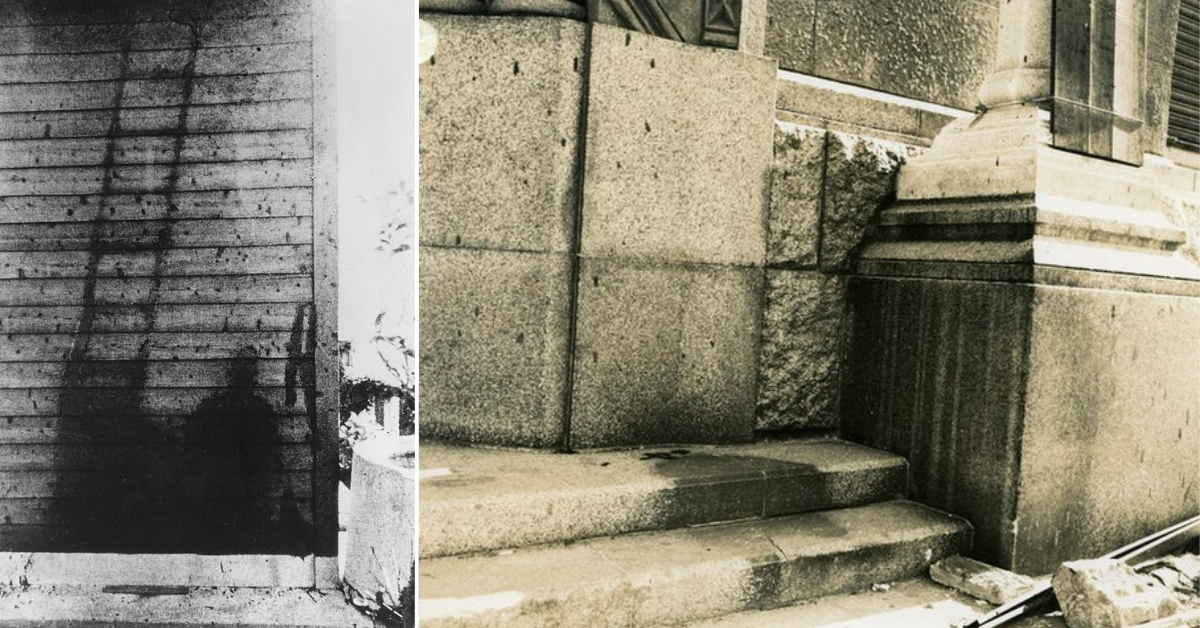
Human Shadows Left Etched In Stone By the Atomic Bombs Dropped On Japan War History Online
For instance, less than two thirds of respondents knew that Hiroshima and Nagasaki were the two cities hit by atomic weapons in World War II - the numbers vary from 45.7% in Belgium to 74.4% in.

75 years after the Hiroshima and Nagasaki bombs, their shadows loom over the nuclear age The
Stacy Kish Live Science August 3, 2021 Black shadows of humans and objects, like bicycles, were found scattered across the sidewalks and buildings of Hiroshima and Nagasaki, two of the largest cities in Japan, in the wake of the atomic blast detonated over each city on Aug. 6 and 9, 1945, respectively.
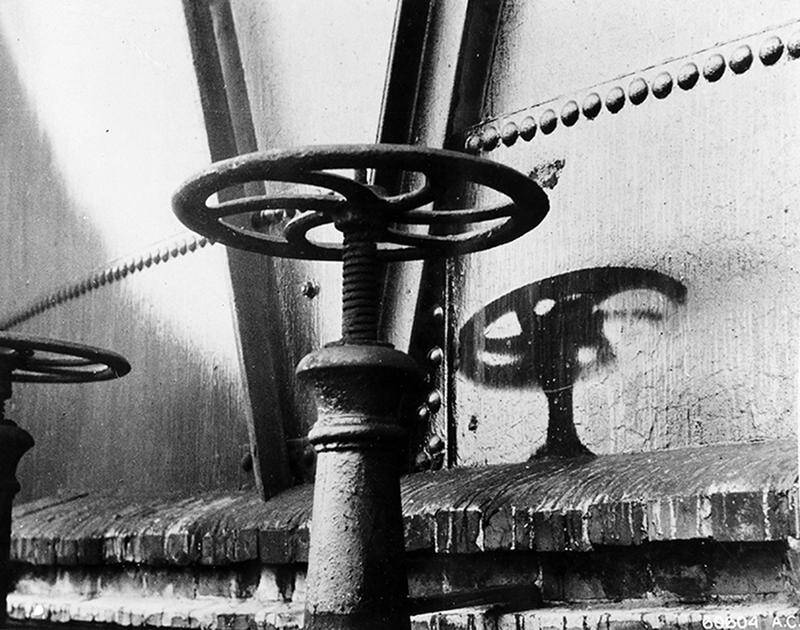
How The Hiroshima Shadows Were Created By The Atomic Bomb
The Hiroshima shadows are black shadows of human or object remains that were discovered on sidewalks and buildings throughout the city. The Sumitomo Bank, located only 850 feet from the blast's epicenter, is one of the most famous Hiroshima shadows.
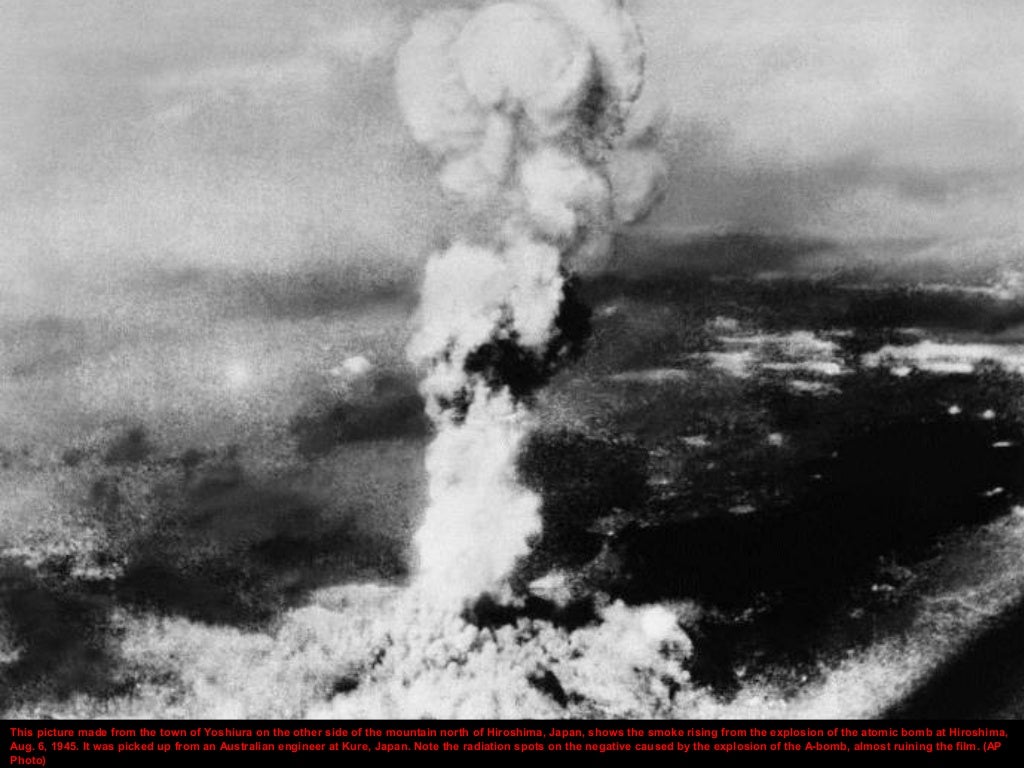
The long shadows of Hiroshima and Nagasaki, 70th anniversary of atomi…
Hellish fires and whirlwinds. When the U.S. dropped the bomb—dubbed "Little Boy" and scribbled with profane messages to the Japanese emperor—on Hiroshima, tens of thousands of people were.
:max_bytes(150000):strip_icc()/GettyImages-101007125-59cd0cef03f402001101ed0b.jpg)
Hiroshima Flattened by the Atomic Bomb
Letters to the Editor: The Nagasaki decision. George F. Will: One of humanity's remarkable achievements is the absence of the use of a third nuclear weapon. The U.S. hid Hiroshima's human.
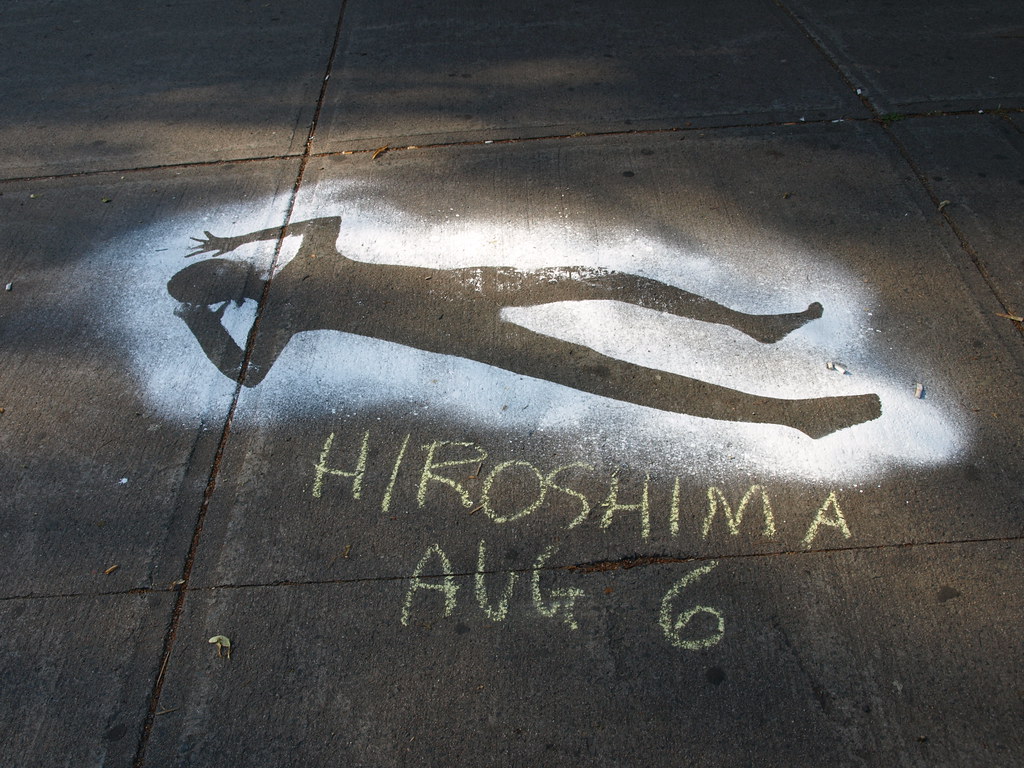
Shadows of Hiroshima Flickr
On August 6, 1945, during World War II (1939-45), an American B-29 bomber dropped the world's first deployed atomic bomb over the Japanese city of Hiroshima. The explosion immediately killed an.
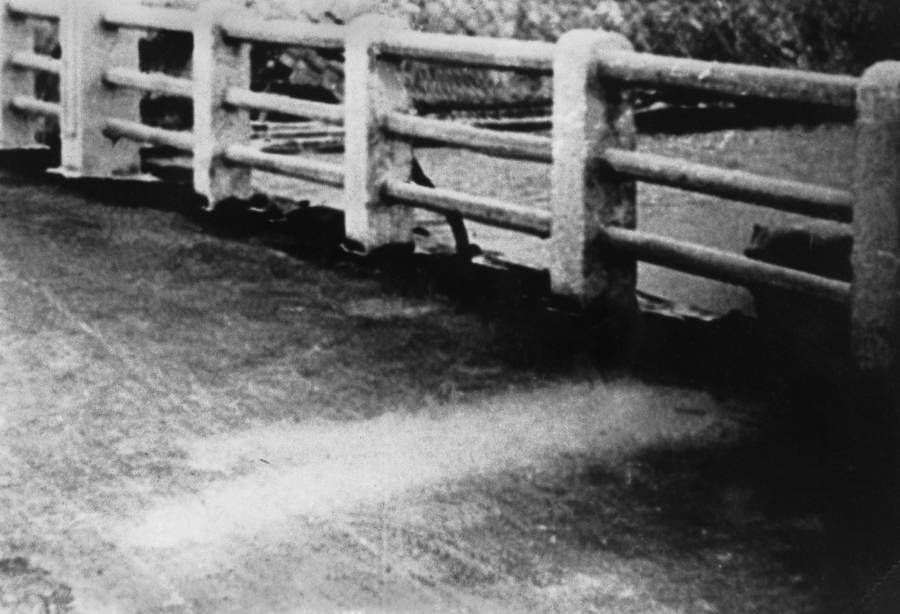
Hiroshima Shadows As They Were Burned Into The Ground By The Atomic Bomb
On August 6, 1945, an American B-29 bomber dropped the world's first atomic bomb on the city of Hiroshima. A second after the fire ball exploded at ground zero, it reached Sumitomo Hiroshima Bank, 260 meters away. The bank had also left behind Mitsuno Ochi, who had been waiting for them.
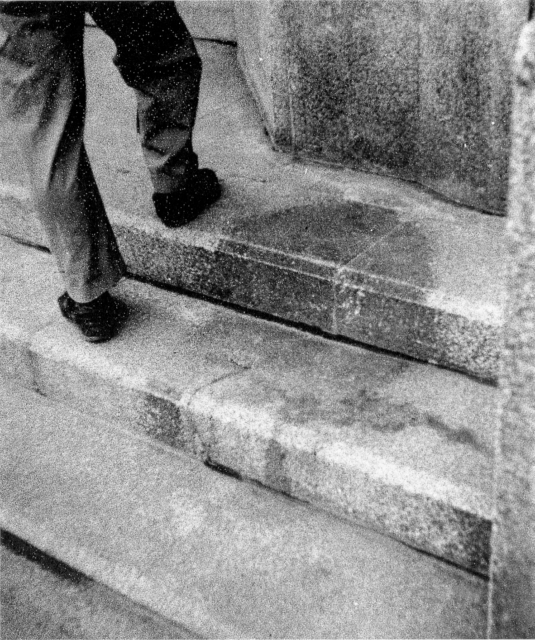
Human Shadows Left Etched In Stone By the Atomic Bombs Dropped On Japan War History Online
On the morning of August 6, 1945, the United States dropped an atomic bomb on the Japanese city of Hiroshima. Three days later, a second atomic bomb was dropped on the city of Nagasaki. These two events marked the end of World War II and the beginning of the nuclear age.

Atomic Shadows from Hiroshima and Nagasaki Hiroshima shadows, Hiroshima, Mystery of history
(Image credit: Universal History Archive/Universal Images Group via Getty Images)Black shadows of humans and objects, like bicycles, were found scattered across the sidewalks and buildings of Hiroshima and Nagasaki, two of the largest cities in Japan, in the wake of the atomic blast detonated over each city on Aug. 6 and 9, 1945, respectively.

75 years after the Hiroshima and Nagasaki bombs, their shadows loom over the nuclear age The
On August 6, 1945, the United States dropped the atomic bomb Little Boy on Hiroshima. Three days later, the country's forces dropped another, nicknamed Fat Man, over Nagasaki. The explosion caused by Little Boy was equivalent to 15,000 tons of TNT, while Fat Man 's was equal to 21,000 tons.